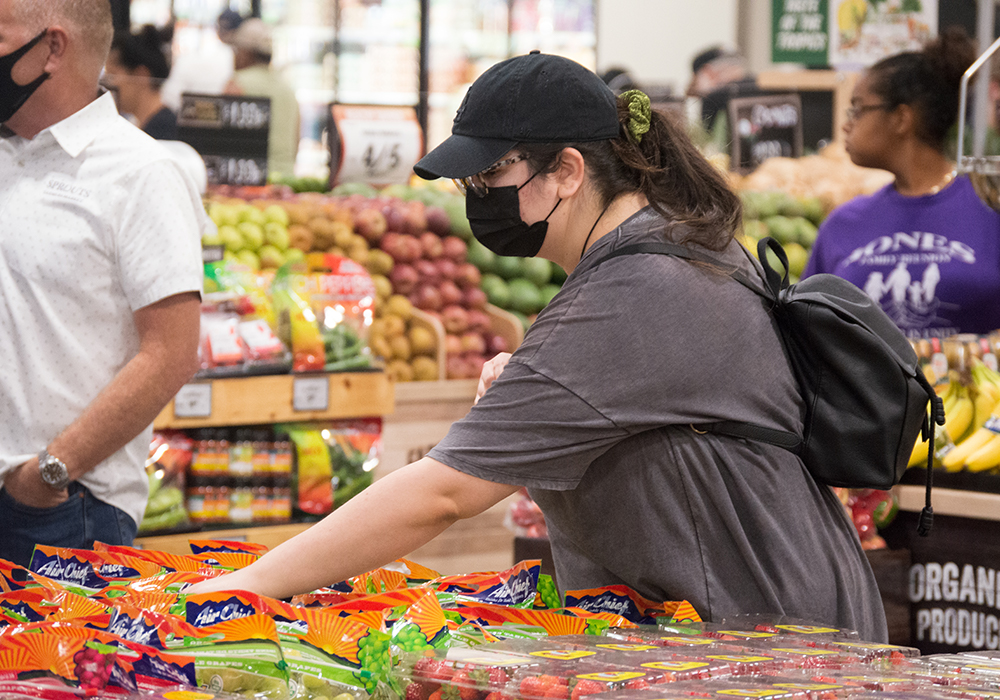Maricopa Mayor Nancy Smith applauded Gov. Katie Hobbs’ veto of a municipal food-tax bill on Tuesday, saying it keeps budgeting and decision-making powers in the hands of cities.
“Having this bill vetoed allows the city to continue to balance revenues that benefit our residents in the best manner,” Smith said.
Maricopa taxes consumers 2% on groceries, which resulted in the city collecting approximately $3 million in 2022. This amount was applied to general-fund revenues for operating expenses and capital-improvement projects, which help fund essential city services and upgrades to infrastructure.
That money for those purposes would have been lost to Maricopa had the bill become law.
Hobbs agreed, stating it would have provided little actual relief to Arizonans.
In a statement released Tuesday morning, Hobbs, a Democrat, said Senate Bill 1063 had the potential to cut critical city services and increase property taxes. The bill would have prevented cities from collecting taxes on groceries beginning in 2025.
“It’s clear that this bill doesn’t actually eliminate costs for our residents. It simply moves those costs around,” Hobbs said.
Hobbs also noted the bill would not have affected Arizonans who use SNAP or WIC benefits, expenses that are exempt from food taxes.
“Let’s work together to provide real relief for Arizonans struggling with higher costs,” Hobbs said.
The bill was introduced in January by Senate Republicans as a form of inflation relief, estimating every Arizonan could save as much as $500 each year. But critics said instead it would have impacted the ability for cities to provide key services.
T.J. Shope, president pro tempore of the Arizona Senate, who represents Maricopa and co-sponsored the bill, expressed his disappointment with the veto.
“This hurts everyone, especially lower-income families,” Shope said. “This bill was a great way to leave more money in the wallets of hardworking taxpayers all across the state, so I’m extremely disappointed in the Governor’s decision to veto it.”









![City gave new manager big low-interest home loan City Manager Ben Bitter speaks during a Chamber of Commerce event at Global Water Resources on April 11, 2024. Bitter discussed the current state of economic development in Maricopa, as well as hinting at lowering property tax rates again. [Monica D. Spencer]](https://www.inmaricopa.com/wp-content/uploads/2024/04/spencer-041124-ben-bitter-chamber-property-taxes-web-218x150.jpg)


![Alleged car thief released without charges Phoenix police stop a stolen vehicle on April 20, 2024. [Facebook]](https://www.inmaricopa.com/wp-content/uploads/2024/04/IMG_5040-218x150.jpg)




